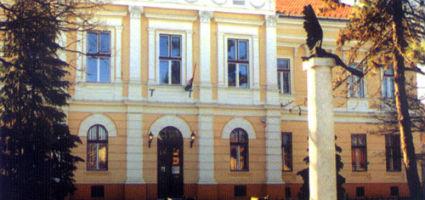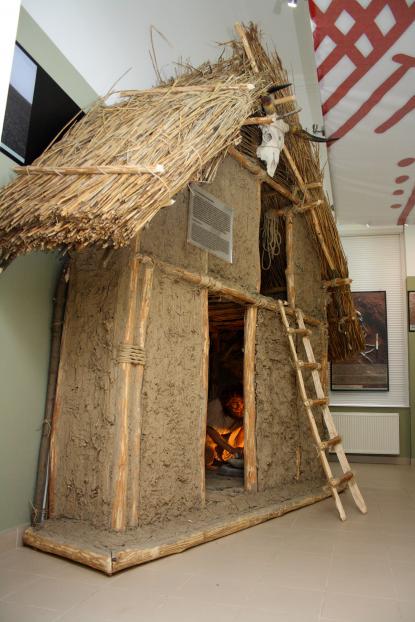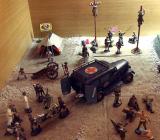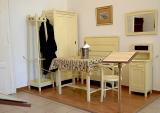2025. April 24. Thursday
Bihar Museum - Berettyóújfalu
 |
Address: 4100, Berettyóújfalu Kálvin tér 1.
Phone number: (54) 402-390, (54) 500-340
E-mail: bihari.muzeum@gmail.com
Opening hours: Mon-Fri- 10-16
|



